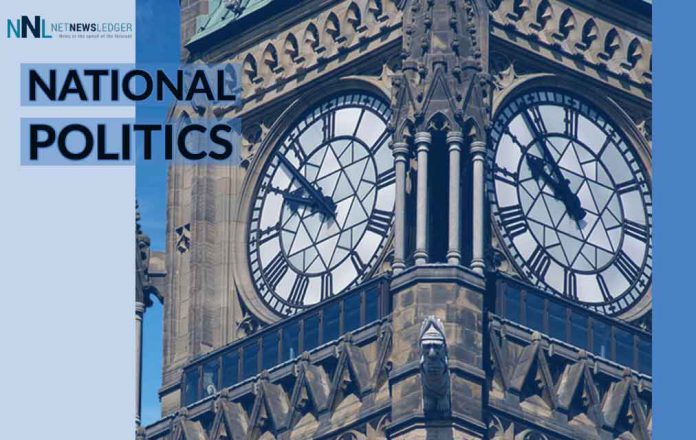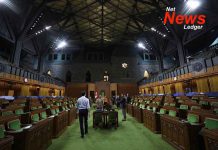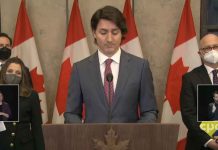OTTAWA – POLITICS – The Government of Canada introduced Bill C-91 the Indigenous Languages Act, to reclaim, revitalize, strengthen and maintain Indigenous languages in Canada.
“The legislation tabled today represents our commitment to a promise made to Canada’s Indigenous peoples,” stated Nault. “The preservation and support of these languages are a crucial part of our country’s vibrant history. Language is a key element to the core identity of the Indigenous and Métis peoples of Canada as it is with any other culture. With the introduction of this legislation, there is now renewed hope that Indigenous languages in Canada will be preserved.”
The bill has been developed to support the meaningful implementation of Calls to Action 13, 14 and 15 of the Truth and Reconciliation Commission of Canada, elements of the United Nations Declaration on the Rights of Indigenous Peoples and the federal government’s commitment to a renewed relationship with Indigenous Peoples based on the recognition of rights, respect, cooperation and partnership.
Indigenous languages are an integral part of Indigenous Peoples’ cultures and identities, and of Canada’s society. Three out of four of the 90 different living Indigenous languages in Canada identified by UNESCO are endangered. Urgent action is needed to reverse this erosion.
The legislation introduced today recognizes and supports all Indigenous languages in Canada and contains mechanisms which will:
– establish measures for the provision of long-term, sustainable funding of Indigenous languages;
– advance the objectives of the United Nations Declaration on the Rights of Indigenous Peoples;
– support the reclamation, revitalization, strengthening and maintenance of Indigenous languages in Canada;
– support and promote the use of Indigenous languages;
– work with provinces, territories, Indigenous representative organizations and Indigenous governments to create effective support for Indigenous languages in Canada through a variety of mechanisms; and,
– establish an Office of the Commissioner of Indigenous Languages.
A collaborative approach was adopted with Indigenous Peoples to develop the legislation, which included:
– 12 fundamental principles, co-developed to inform the basis of the legislation;
– more than 50 intensive and collaborative engagement sessions held across the country to collect elements of importance to be included in the legislation. These sessions were attended by over 1,200 individuals. Canadian Heritage also received approximately 200 electronic submissions from the online questionnaire.
The work with the Assembly of First Nations, Inuit Tapiriit Kanatami and the Métis National Council will continue in the coming months through the next stages of the legislative process.
“I am very proud to see the importance that this government places of preserving Indigenous languages,” concluded Nault. “The legislation tabled today, will ensure that Indigenous languages are preserved for future generations.
“In the realm of the International Year of Indigenous Languages, I am proud to be introducing this important and historic legislation in the House of Commons. I want to recognize the extraordinary work done by the Assembly of First Nations, the Inuit Tapiriit Kanatami and the Métis National Council. I look forward to continuing this important work with them over the coming months” said Pablo Rodriguez, Minister of Canadian Heritage and Multiculturalism.
Quick Facts
- In December 2016, the Right Honourable Justin Trudeau committed to enacting national legislation on First Nations, Inuit and Métis languages, developed in cooperation with Indigenous Peoples.
- 2019 was declared the International Year of Indigenous Languages by UNESCO.
- In 2016, only 15.6% of Indigenous people could converse in an Indigenous language, compared to 17% of Indigenous people in 2011 and 21% in 2006. Of those overall numbers, 21% of First Nations people, 64% of Inuit and 2% of Métis could converse in an Indigenous language.
- In 2016, only 12.5% of Indigenous people declared their mother tongue was an Indigenous language, compared to 14.5% in 2011.
- In 2016, 13.3% of Indigenous people declared that they spoke an Indigenous language at home, either most of the time or on a regular basis.
- In the 2017 budget, the Government of Canada invested $89.9 million over three years to preserve, promote and revitalize Indigenous languages and culture.







